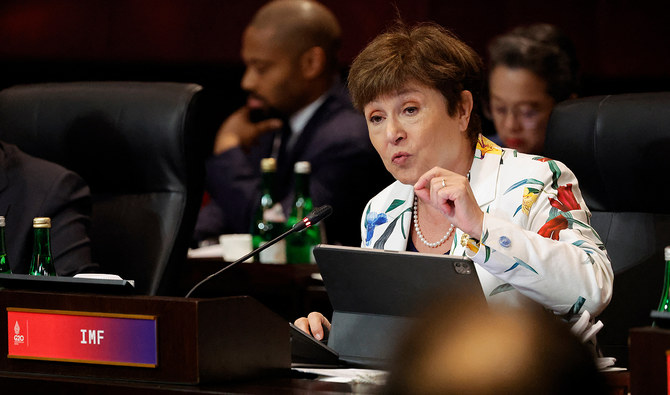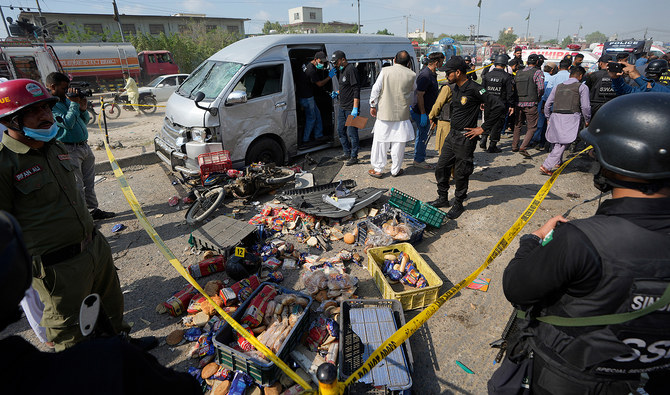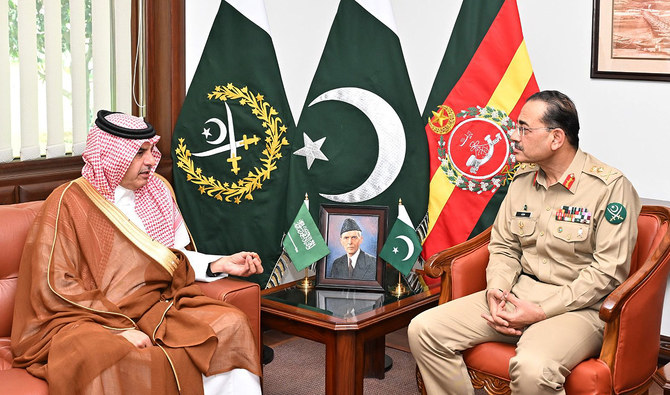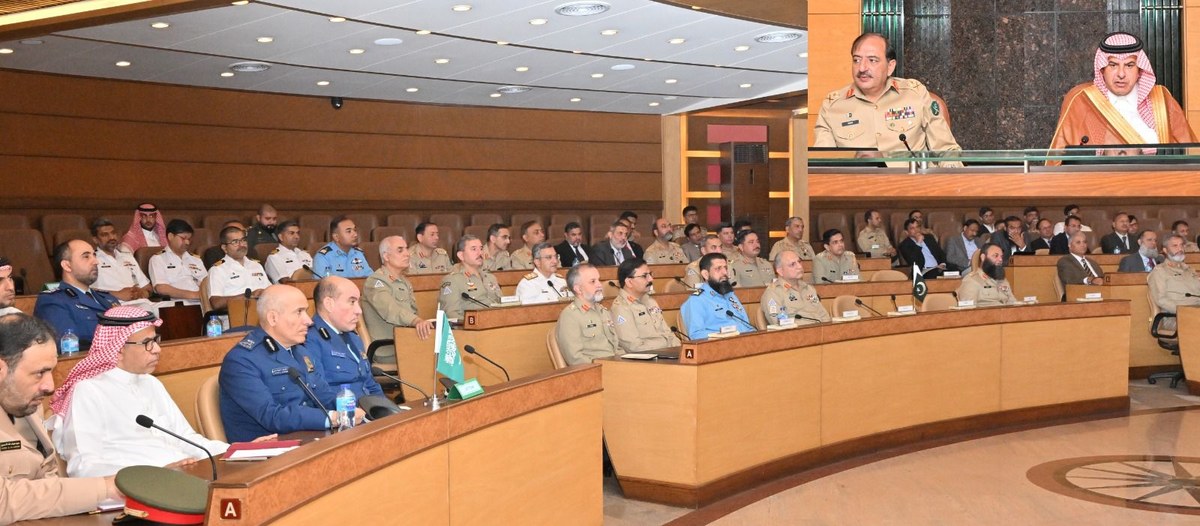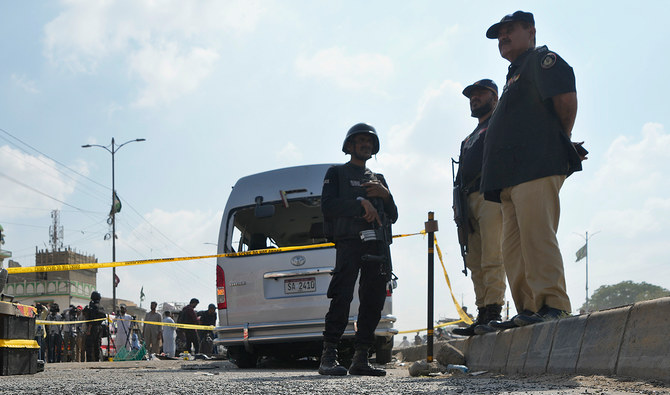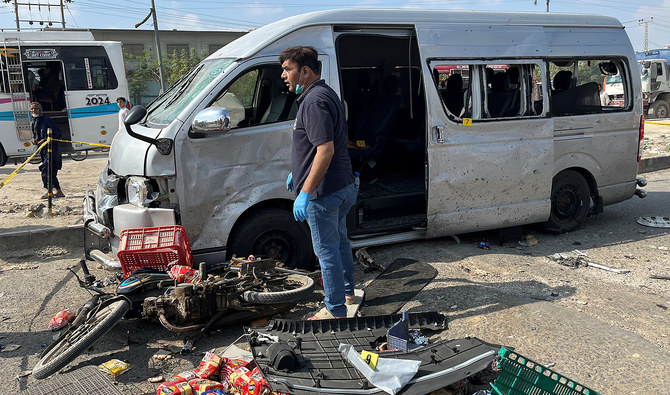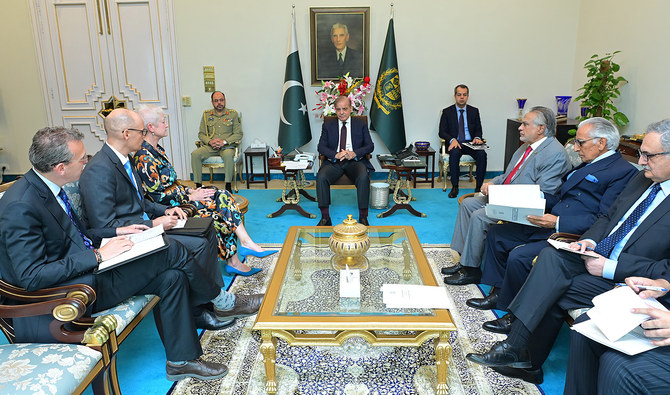ISLAMABAD: The International Monetary Fund (IMF) chief has asked Pakistan to ensure that it taxes the rich people and subsidize the poor masses to "function as a country," which has for months been engulfed in an economic crisis.
The South Asian country is trying to stave off a balance of payment crisis, with inflation soaring to a multi-decade high of 27.6 percent, national currency frequently hitting new lows, and the country’s foreign exchange reserves falling to around $3 billion, barely enough to cover three weeks of imports.
Islamabad is desperately looking for external financing to keep the economy afloat, particularly a $1.2 billion loan tranche from the IMF as part of a $7 billion bailout program. However, the IMF has demanded Pakistan implement its conditions by withdrawing subsidies to be able to unlock the tranche.
Compliance with the IMF’s prerequisites has increased the inflation numbers and added to the woes of the cash-strapped South Asian nation, but the IMF chief said it wanted Islamabad to tax the high earners and not the low-income classes.
“My heart goes to the people of Pakistan. They have been devastated by the floods that affected one-third of the population of the country,” IMF chief Kristalina Georgieva told reporters on the sidelines of the Munich Security Conference that ended on Sunday.
“What we are asking for are steps that Pakistan needs to take to be able to function as a country and not to get into a dangerous place where its debt needs to be restructured.”
She emphasized increasing revenues by taxing those who are "making good money" and fairly distributing the pressures.
“We are emphasizing two things: number one tax revenues, those who can, those that are making good money, public sector, private sector. They need to contribute to the economy. And secondly, to have a fairer distribution of the pressures by moving subsidies only towards the people who really need it. It shouldn’t be that the wealthy benefit from subsidies. It should be the poor to benefit from them,” Georgieva said.
“And there the fund is very clear. We want the poor people of Pakistan to be protected.”
Given the economic situation of the South Asian country, experts have warned that the country may default on its international obligations.
But Finance Minister Ishaq Dar repeated assured the Pakistani people that the country would not default as things have been “on track” in terms of talks with the IMF.
The release of the IMF tranche will help Pakistan unlock funding from bilateral and multilateral donors to meet its financing obligations.



